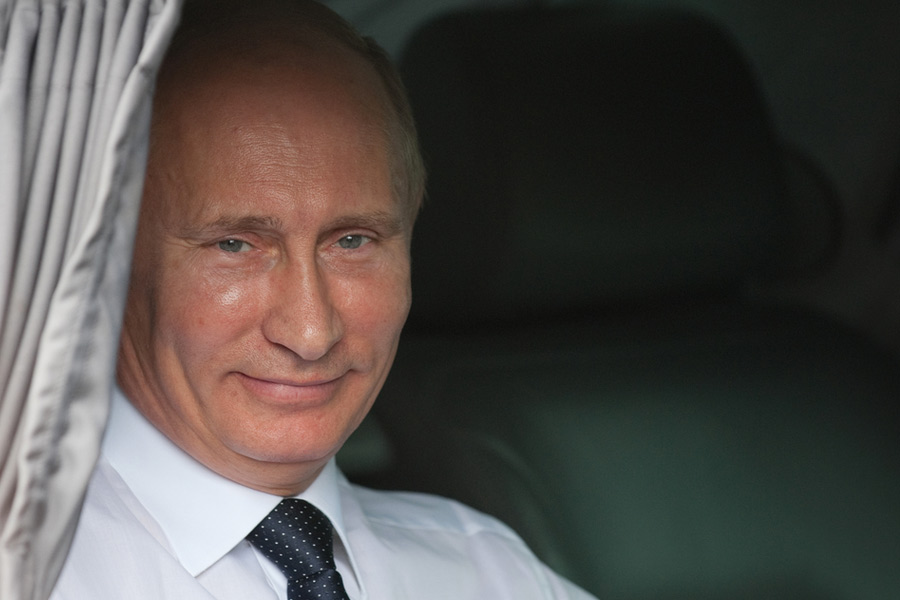The deadly terrorist attack on a Moscow concert hall last Friday has, once again, forced a world beset by a series of devastating wars to take note of non-State extremism and the threat that it poses to modern societies. Gunmen forced their way into a rock concert by a popular band, spraying bullets and setting the venue on fire, killing more than 130 people and injuring over 100 more. The Islamic State in Khorasan Province claimed responsibility and the United States of America said its intelligence suggests that the Afghanistan-based affiliate of the original ISIS was indeed behind the attack. ISIS-K has gained in strength since the Taliban took control of Afghanistan in August 2021, according to analysts, even though the two groups are avowed enemies. That is because the withdrawal of US-led forces and the collapse of the Washington-backed Afghan army created a security vacuum that allowed ISIS-K to build its cadre of fighters and arsenal of weapons, especially since the Taliban has no air force. From an attack on a Pakistani political rally in July 2023 that killed more than 50 people to the suicide bombings in Kerman, Iran, in January 2024 that killed over 90 people and, now, the Moscow massacre, ISIS-K has increasingly been demonstrating its transnational reach.
Yet the Moscow attack also shows why it will be harder for the world to combat this latest avatar of terrorist violence at a time when great power competition and traditional wars dominate the geopolitical landscape. The US had warned earlier in March about intelligence alerts suggesting that extremists might attack public events, including concerts, in Russia. But the Russian president, Vladimir Putin, had downplayed those warnings. Since the Friday attack, Russian officials, including Mr Putin, have alleged a link between the gunmen and Ukraine, which has rejected those charges. How did Russia’s vast security apparatus, including Moscow’s ubiquitous video surveillance system, that is quick to crack down on peaceful political protests fail to pre-empt terrorists? While investigating that security failure, Russia must not repeat the mistakes of the Cold War, when both the US and the erstwhile Soviet Union viewed every global event through the lens of their rivalry, weaponising crises according to their convenience, even enabling the rise of new threats such as the Taliban. Major world capitals should instead learn from their more recent cooperation against ISIS in Syria. Moscow’s tragedy must be a wake-up call.










